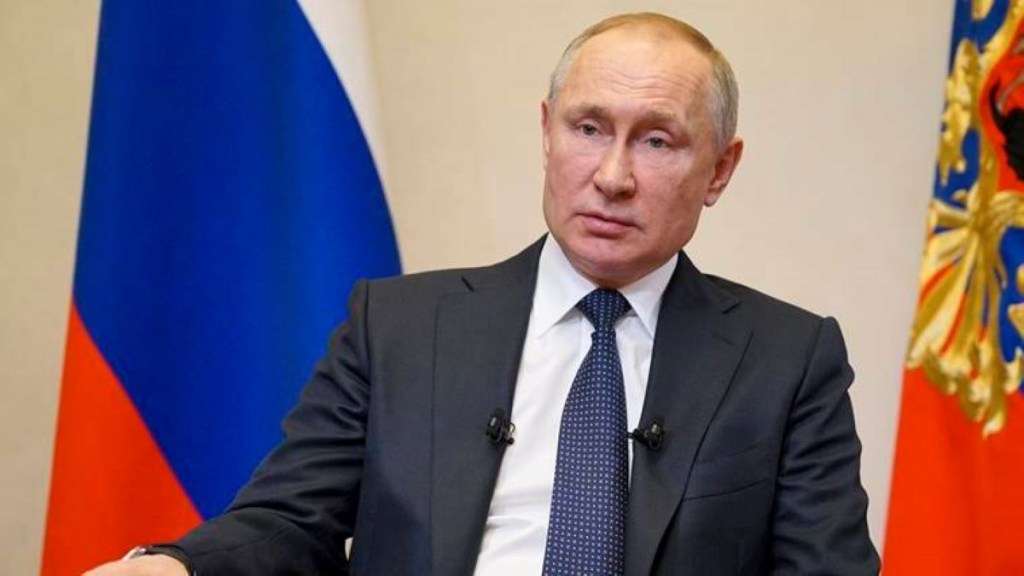In a significant development, Russian President Vladimir Putin confirmed that the first tactical nuclear weapons have been delivered to Belarus, following his announcement three months ago about the plan. This move has the potential to escalate tensions with the United States and its allies regarding the ongoing conflict in Ukraine.
Speaking at the St. Petersburg International Economic Forum, Putin revealed, “The first nuclear charges were delivered to the territory of Belarus. But only the first… This is the first part. But by the end of the summer, by the end of the year, we will complete this work.” The announcement drew attention and raised concerns internationally.
When asked about Putin’s statement, Secretary of State Antony Blinken responded that the United States does not see a need to alter its defensive posture in response to this deployment. He stated during a news conference in Washington, “We have no reason to adjust our own nuclear posture. We don’t see any indications that Russia is preparing to use a nuclear weapon.”
Past statements
In March, Putin had announced that Russia intended to station tactical nuclear weapons on Belarusian territory, which drew criticism from the United States and European nations. The repeated insinuations from Kremlin officials since the invasion of Ukraine in February 2022, suggesting the potential use of these weapons, have triggered subdued warnings even from Russia’s supporters in China and India.
Contrary to concerns, Putin stated on Friday that there is presently “no need” for Russia to utilise nuclear weapons. He emphasised that these arms were designed to ensure the security and existence of the Russian state in the broadest sense. He also claimed that Moscow was fulfilling its non-proliferation obligations by maintaining control of the weapons, although Belarusian troops had been trained in the “storage and use of tactical special munitions”.
Furthermore, Putin reiterated his long-standing refusal to accede to US appeals for reducing stockpiles of tactical nuclear weapons. He conveyed this message using a crude colloquial expression, underscoring Russia’s position on the matter. However, his spokesperson clarified that Putin’s comments did not imply a rejection of participating in arms control discussions.
Belarusian President Alexander Lukashenko, in a recent interview, suggested that the Russian weapons had already arrived in his country, despite Putin’s previous statement that delivery would commence in the following month.
In response, Blinken criticised Lukashenko for making “irresponsible, provocative choices to cede control of Belarus’s sovereignty against the will of the Belarusian people.” Blinken highlighted the irony of Putin justifying his invasion of Ukraine by stating the desire to prevent Ukraine from acquiring nuclear weapons, while now discussing the placement of nuclear weapons on the territory of a neighbouring state that had voluntarily relinquished its inherited atomic arsenal following the dissolution of the Soviet Union.

